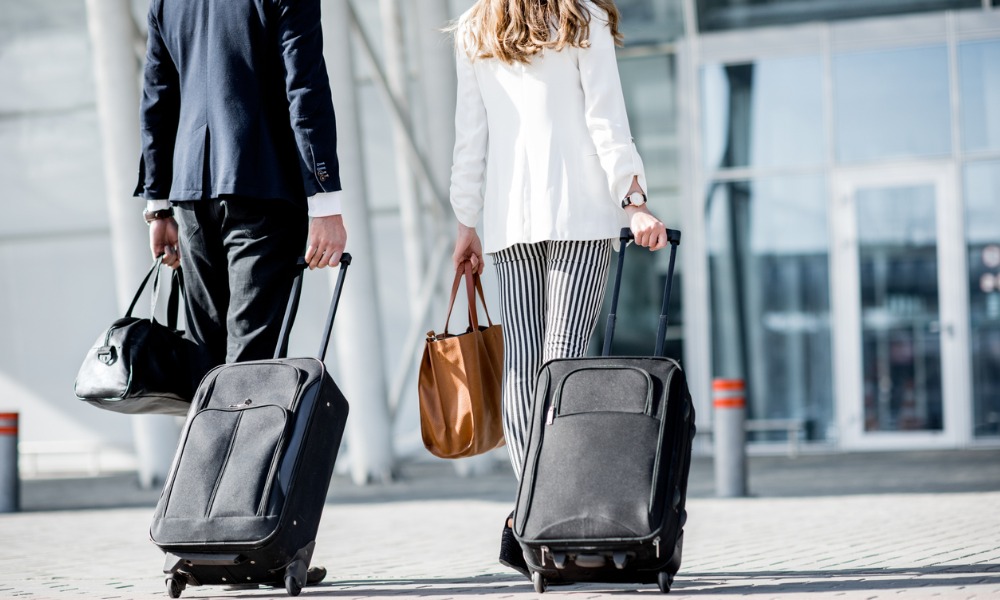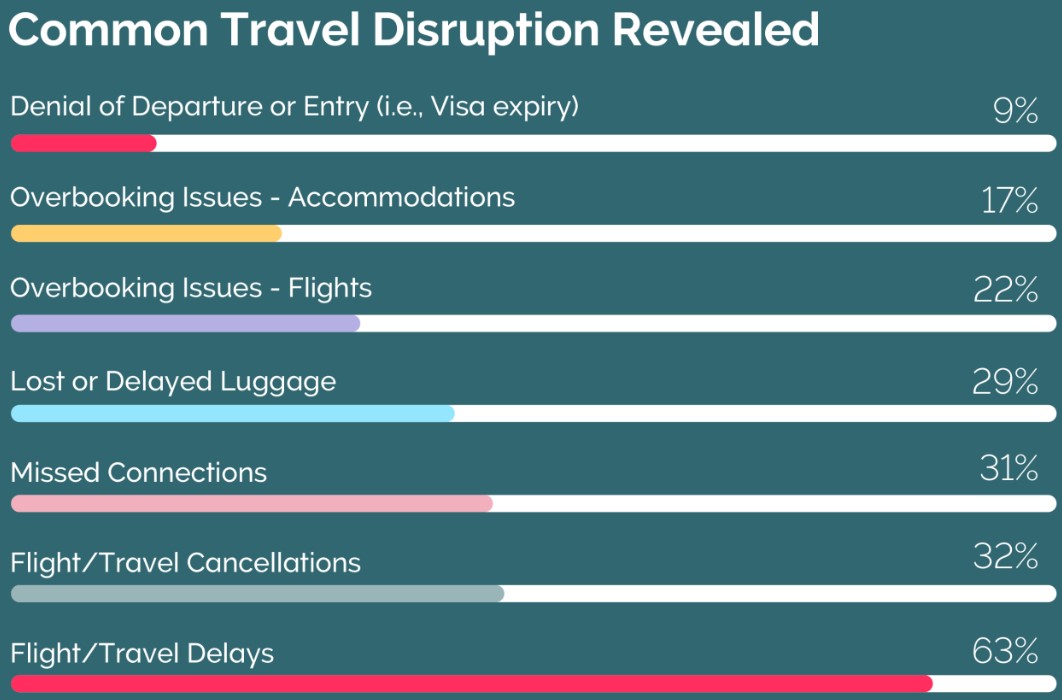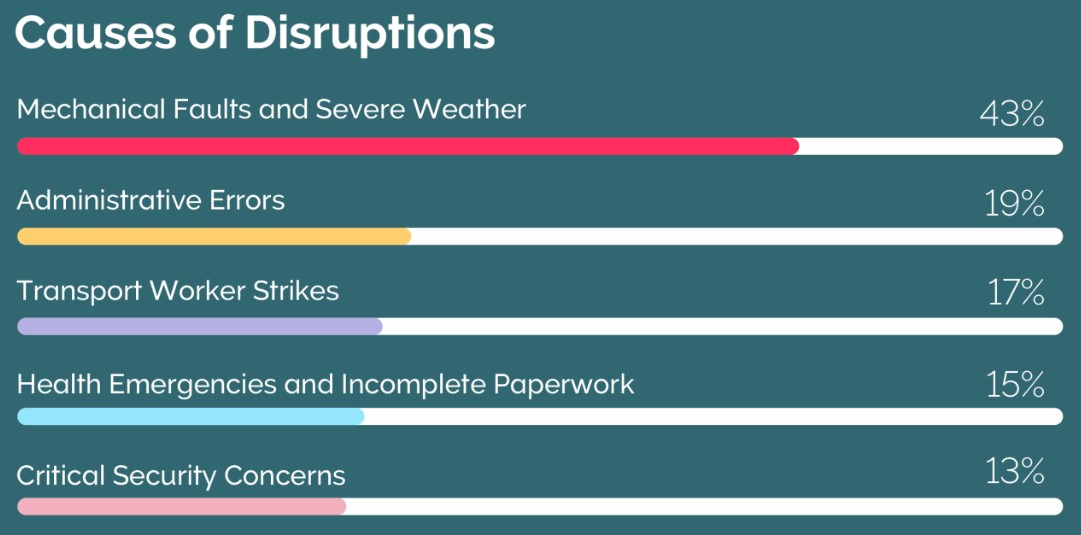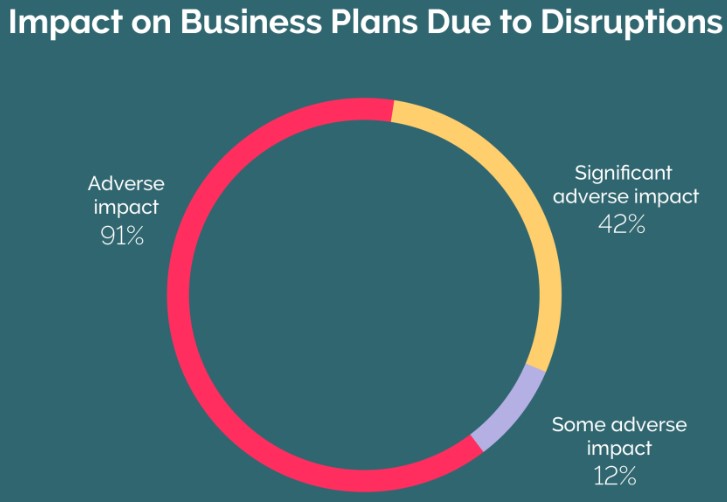
Group calls for 'enhanced support and adaptive policies' for business travellers

There is a need for employers to better support business travellers, as a recent study finds that flying to another location as part of the job can be harmful to workers’ mental health.
That’s because of the disruptions that business travellers face: Overall, 70% of travellers have experienced disruptions, according to a recent Corporate Traveller survey.
Regular disruptions affect one in 10 travellers, while another 27% encounter occasional issues and 33% rarely face problems.
Men (74%) and younger travellers such as Gen Z (76%) and Millennials (74%) experience more frequent disruptions than women (62%), Baby Boomer/Silent Gen (64%) and Gen Xers (63%).

Source: Corporate Traveller
Organizations across the world are planning to cut back on business travel costs despite strong demand from employees, according to a previous SAP Concur report.
Corporate Traveller’s survey included 1,049 adults from Canada who are likely to travel for business in the next 12 months, conducted July 3–11, 2024.
It found the top causes of disruption are:
Source: Corporate Traveller
Amid the disruption, 58% of Canadian business travellers are choosing to tackle disruptions head-on, independently.
“This lone-wolf approach might seem intriguing, but it comes with a hefty price tag for both travellers and businesses: time and stress,” according to Corporate Travelller.
About two in five (41%) say resolving disruption amid business travel take between two to four hours and 31% say it takes less than two hours.
About a quarter (24%) spend 5 hours or more addressing the travel disruption while just under 1 in 10 (9%) take more than 8 hours.
Overall, two in three (67%) find the experience in resolving their last travel disruption to be stressful, including almost one in five (18%) who say it is very stressful. Three in 10 (31%) say it isn’t stressful.
Source: Corporate Traveller
"These findings reveal that business travel, a cornerstone of many Canadian industries, comes with hidden costs—primarily in the form of stress and personal well-being impacts. That data indicates younger employees could benefit from supportive travel policies designed to help them manage stressors," says Chris Lynes, managing director for Flight Centre Travel Group Canada—including global travel brands Corporate Traveller and FCM Travel.
Many business travellers are experiencing mental health troubles during their trips, and they want employers to provide better supports,according to a previous report.
With nearly half of Canadian business travellers experiencing significant stress, companies need to implement flexible travel policies and support systems, according to Corporate Traveller.
"We’ve found that implementing flexible business trip policies that integrate leisure with work travel contribute to happier, healthier employees, fostering a balanced work-life environment and reducing turnover rates,” says Lynes. “Enhanced support and adaptive policies can make a significant difference, especially for frequent travellers and younger employees new to the workforce."
Aside from impacts on mental health of disruptions amid business travel, there is a more direct business case for employers to address this interference, according to Corporate Traveller.